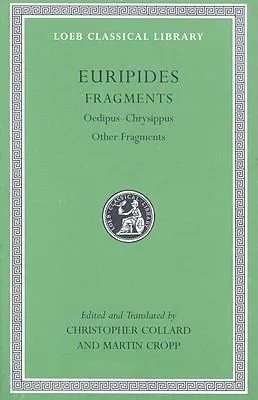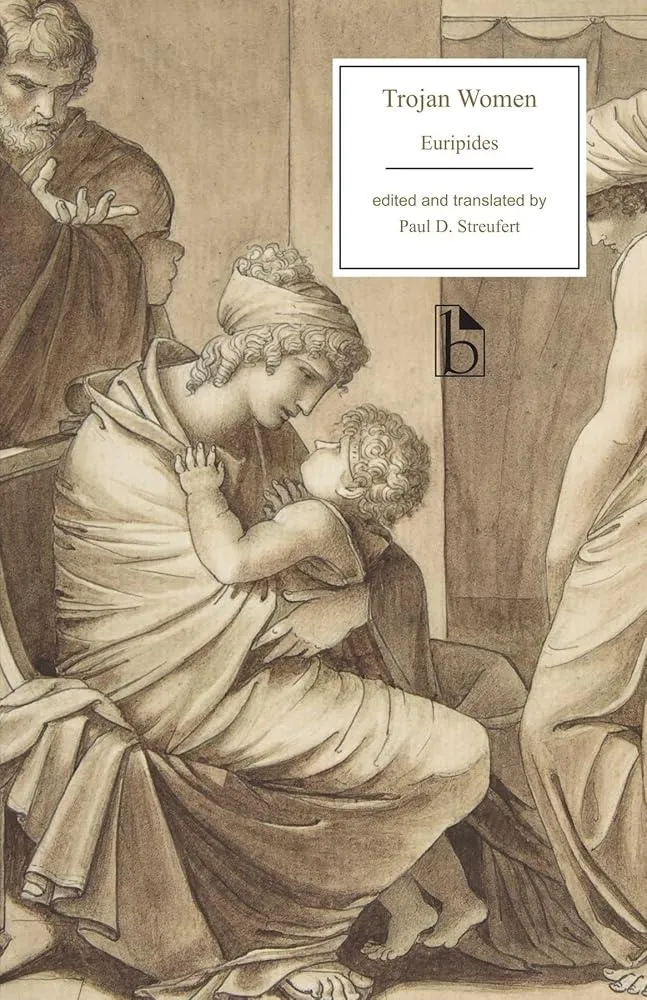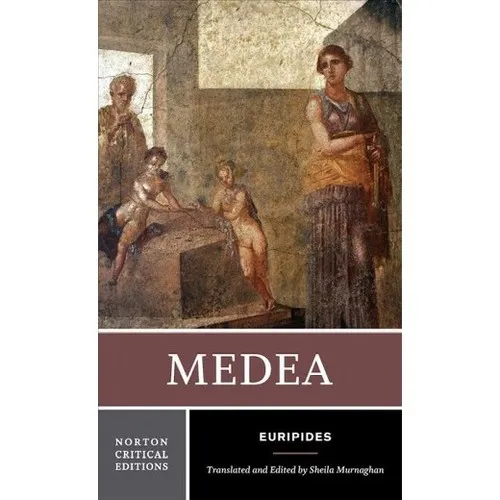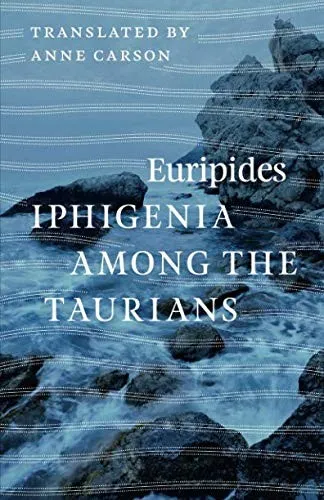
Fragments, Volume II : Oedipus–Chrysippus. Other Fragments
(Autor) EuripidesLost works by ancient Greece's third great tragedian. Eighteen of the ninety or so plays composed by Euripides between 455 and 406 BC survive in a complete form and are included in the preceding six volumes of the Loeb Euripides. A further fifty-two tragedies and eleven satyr plays, including a few of disputed authorship, are known from ancient quotations and references and from numerous papyri discovered since 1880. No more than one-fifth of any play is represented, but many can be reconstructed with some accuracy in outline, and many of the fragments are striking in themselves. The extant plays and the fragments together make Euripides by far the best known of the classic Greek tragedians. This edition, in a projected two volumes, offers the first complete English translation of the fragments together with a selection of testimonia bearing on the content of the plays. The texts are based on the recent comprehensive edition of R. Kannicht. A general Introduction discusses the evidence for the lost plays. Each play is prefaced by a select bibliography and an introductory discussion of its mythical background, plot, and location of the fragments, general character, chronology, and impact on subsequent literary and artistic traditions.
Euripides
Euripides was an ancient Greek tragedian born around 480 BC in Athens. He is known for his innovative and controversial plays that challenged traditional beliefs and societal norms. Some of his most notable works include "Medea," "The Bacchae," and "Electra."
Euripides' plays often featured strong female characters and explored themes of revenge, betrayal, and the complexities of human nature. His use of psychological depth and moral ambiguity set him apart from his contemporaries and influenced future playwrights.
Euripides made significant contributions to the development of Greek tragedy, incorporating elements of realism and focusing on the inner lives of his characters. His works continue to be studied and performed around the world, with "Medea" being his most famous and enduring play. Euripides' legacy as a master of tragedy and a pioneer of dramatic storytelling has had a lasting impact on the literary genre.





